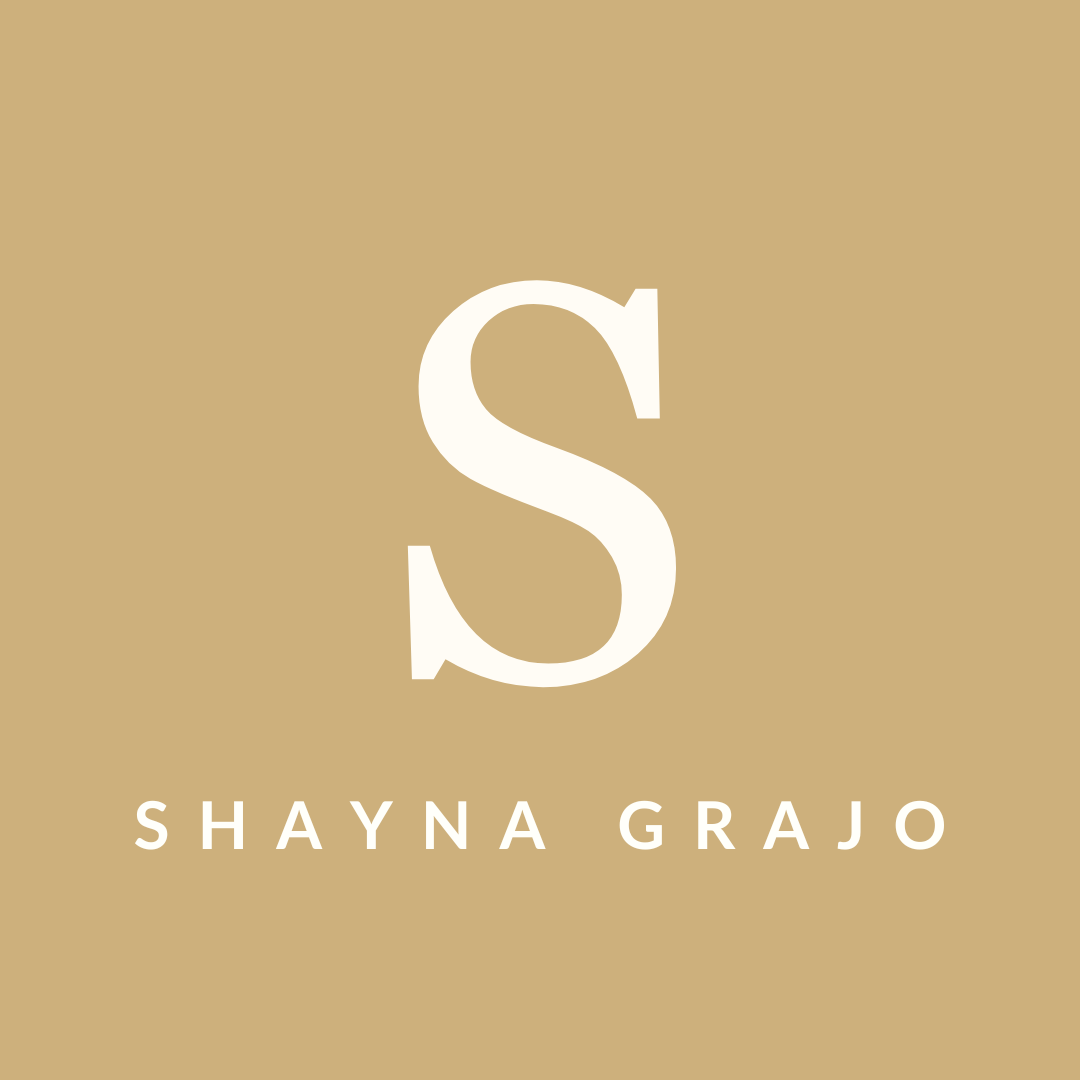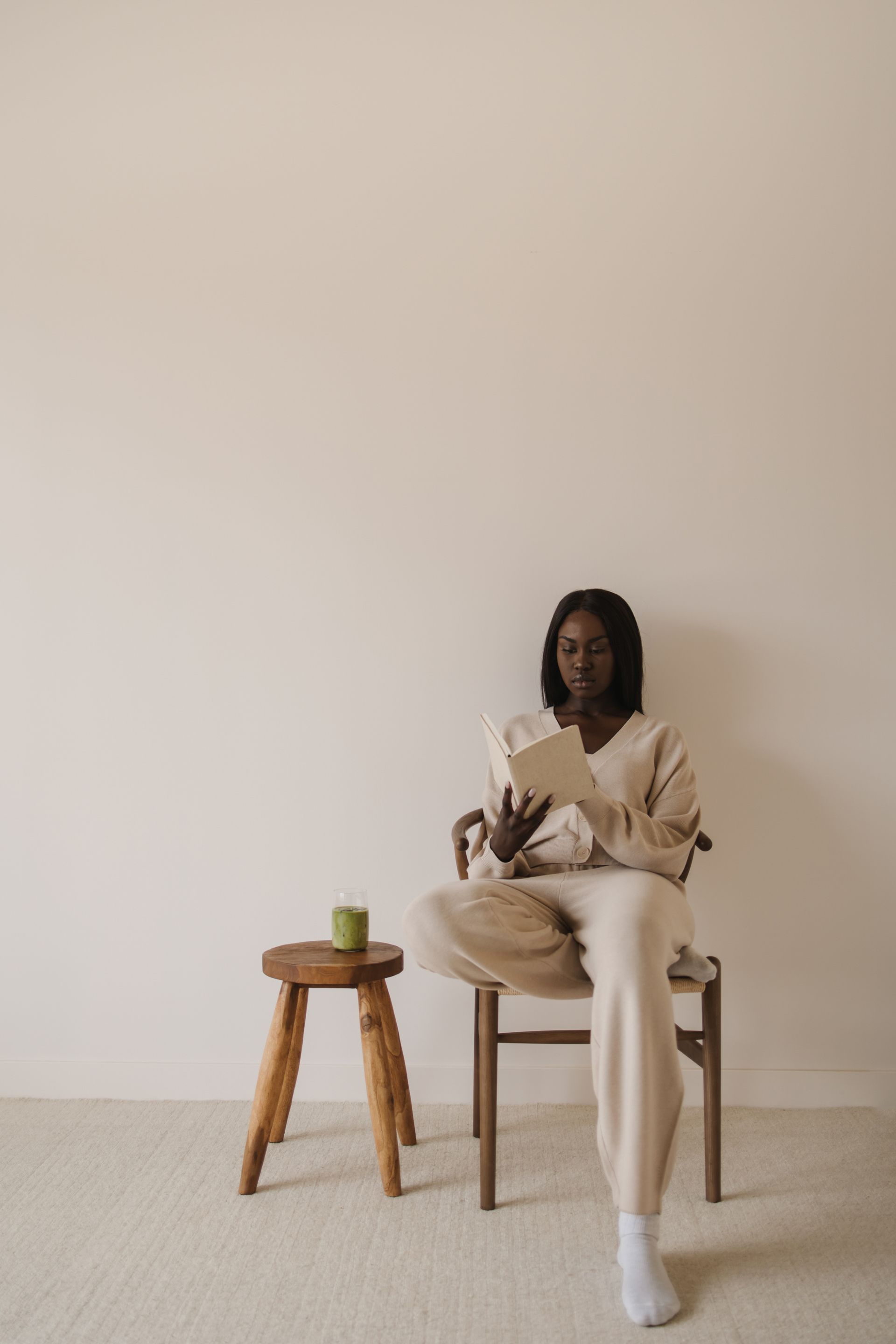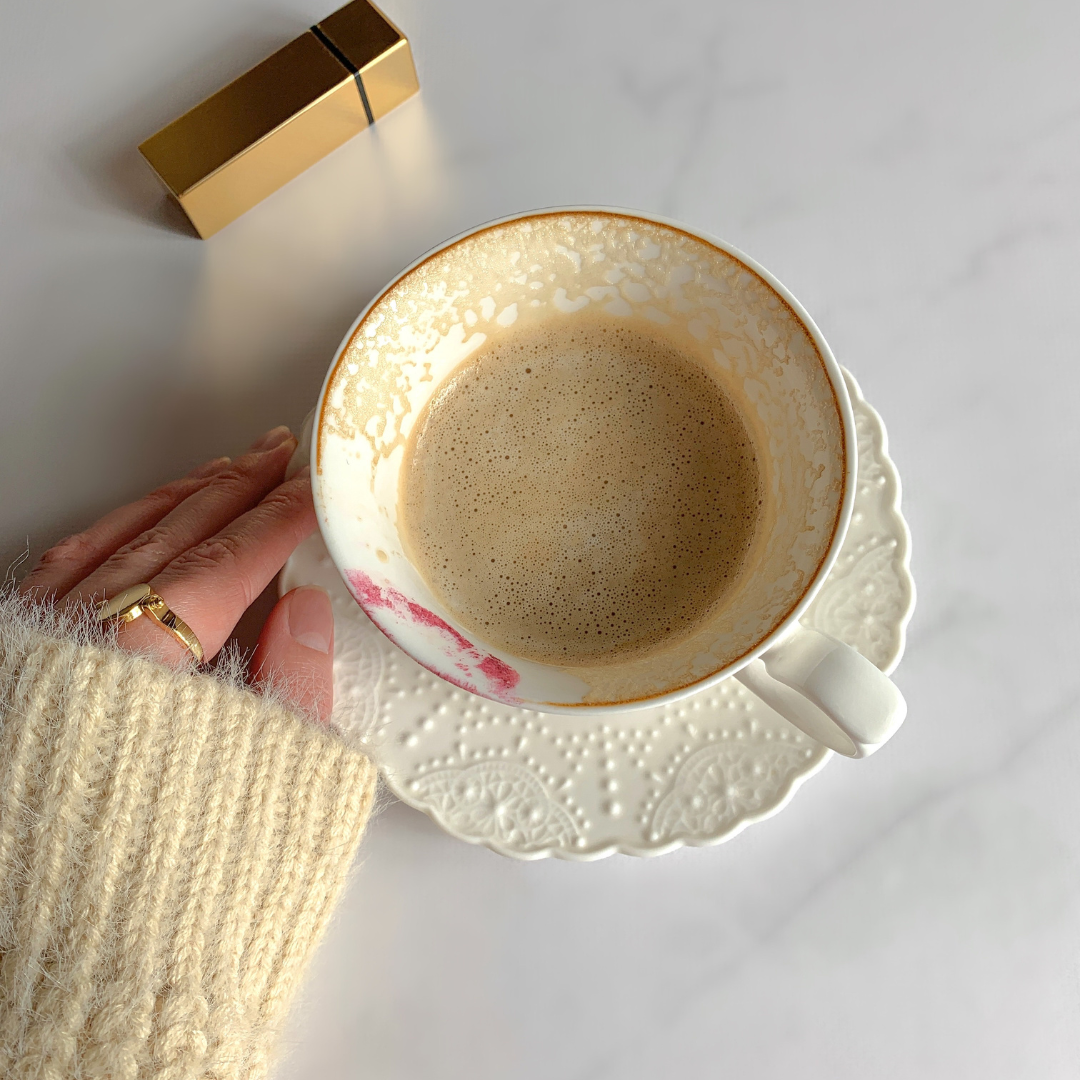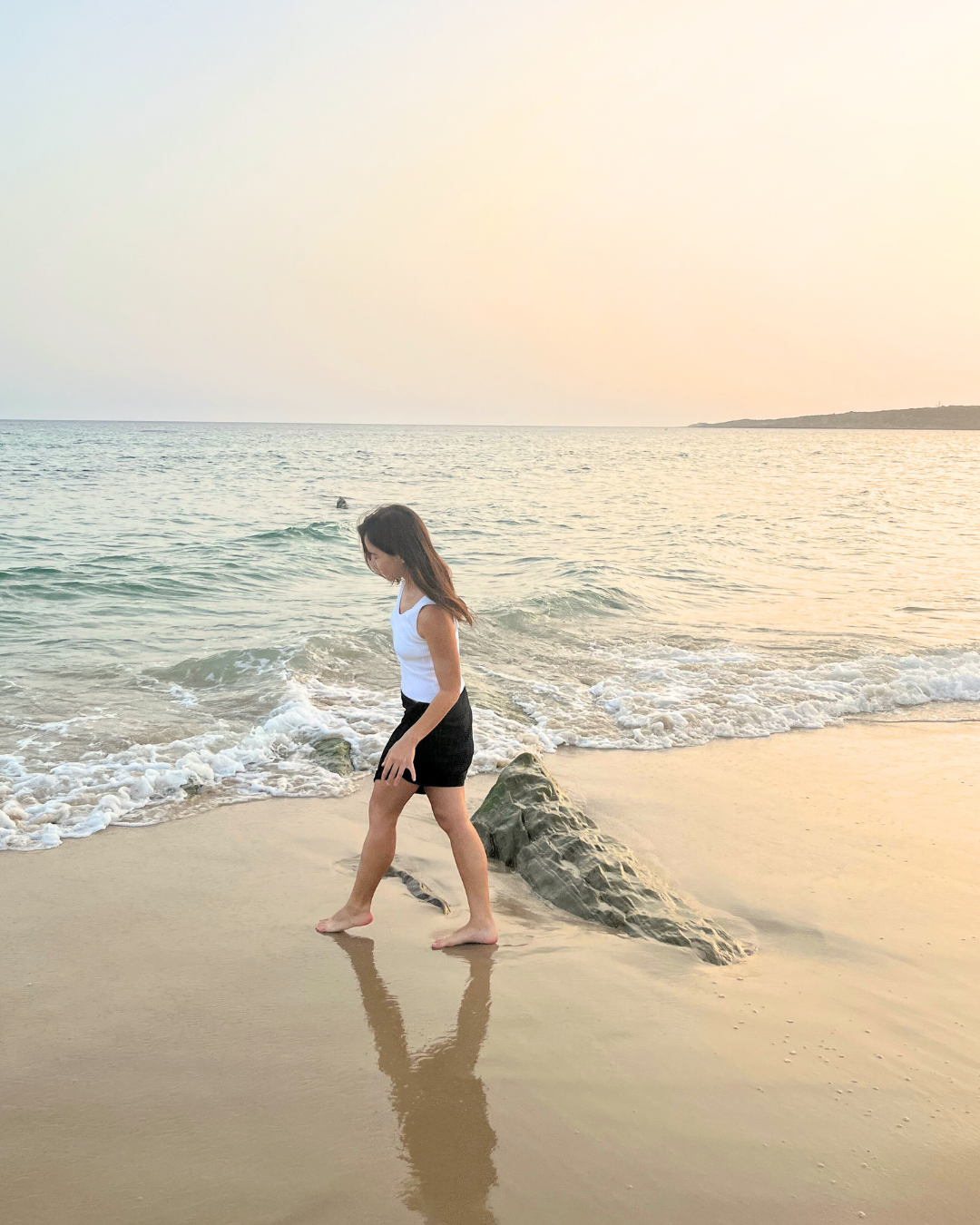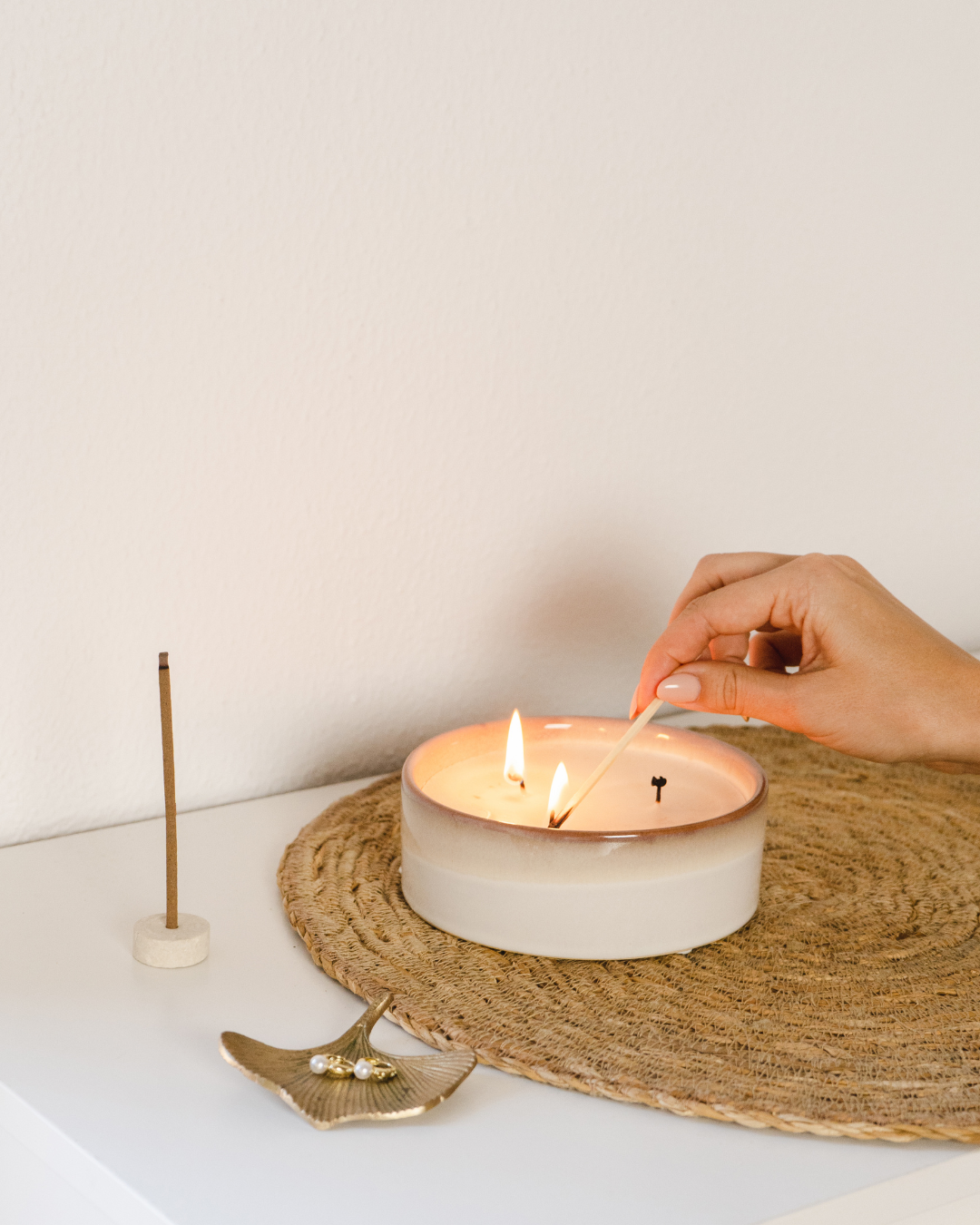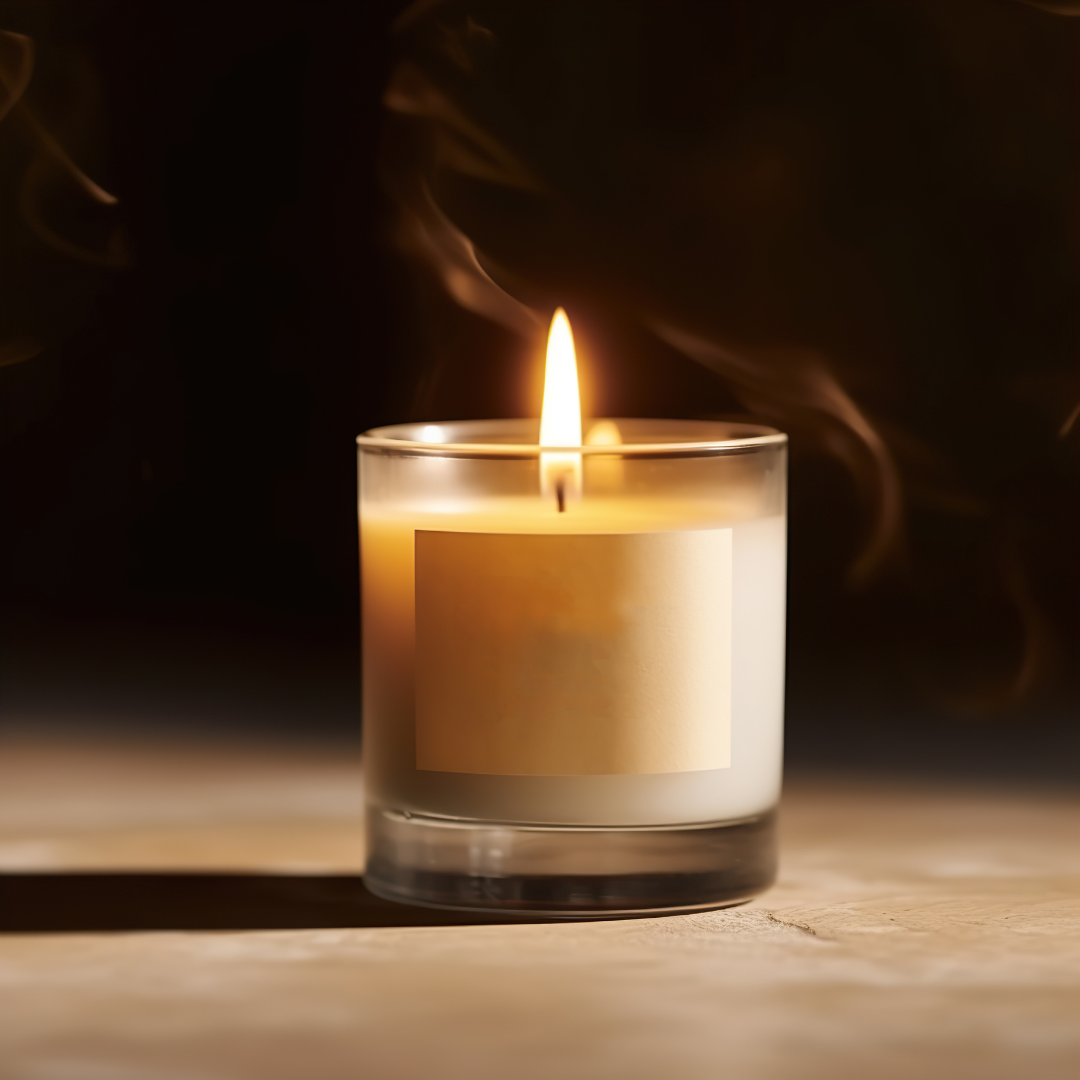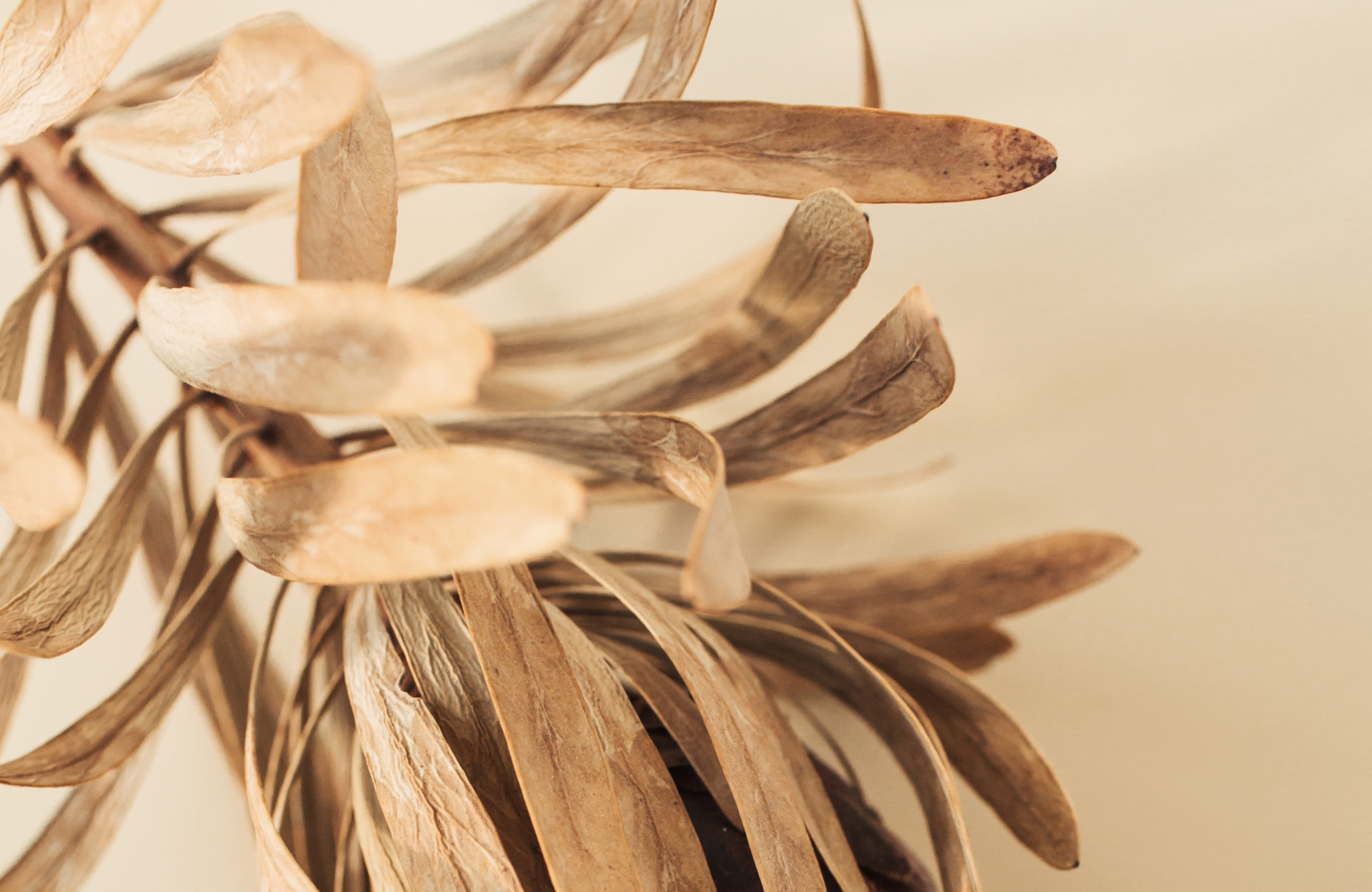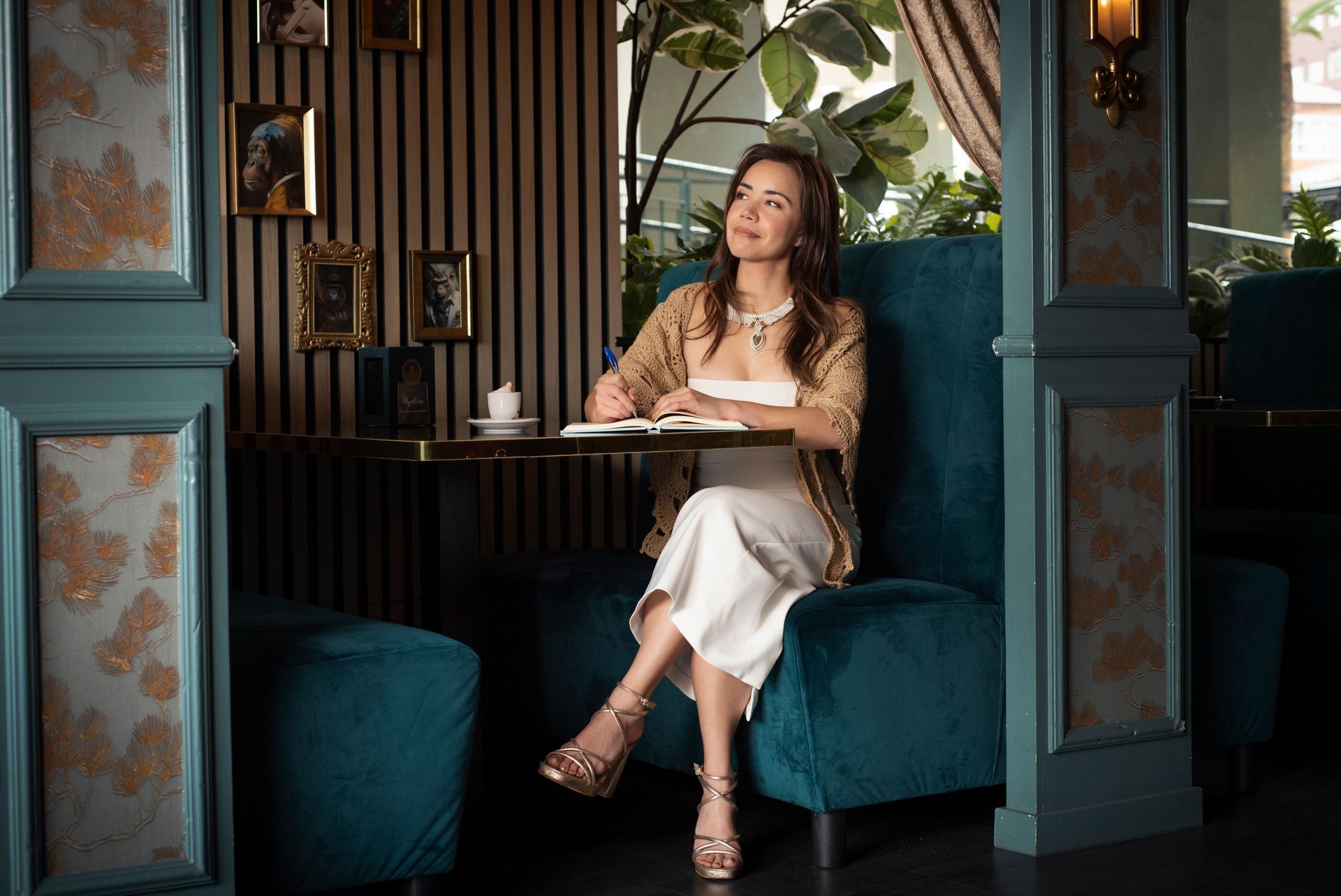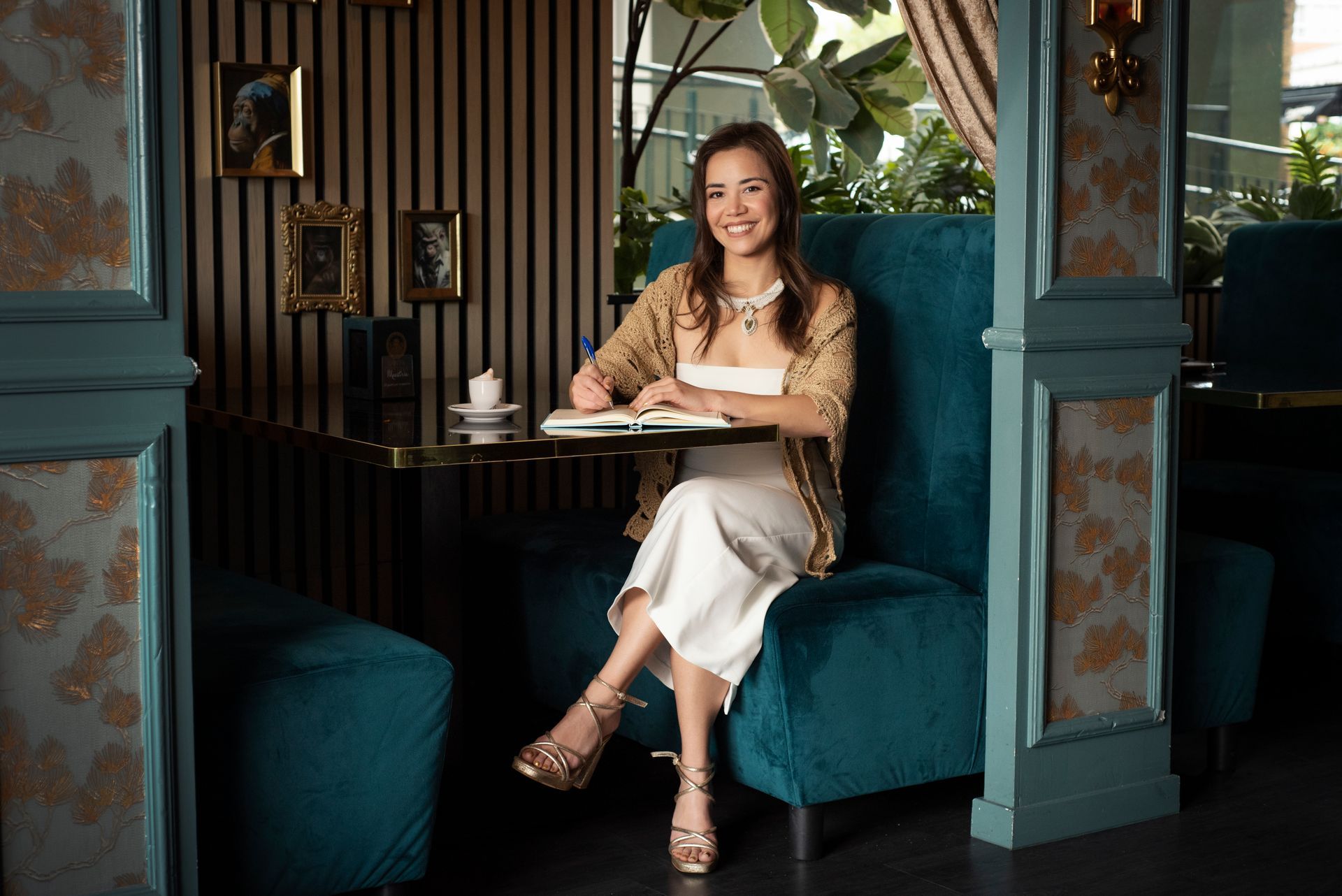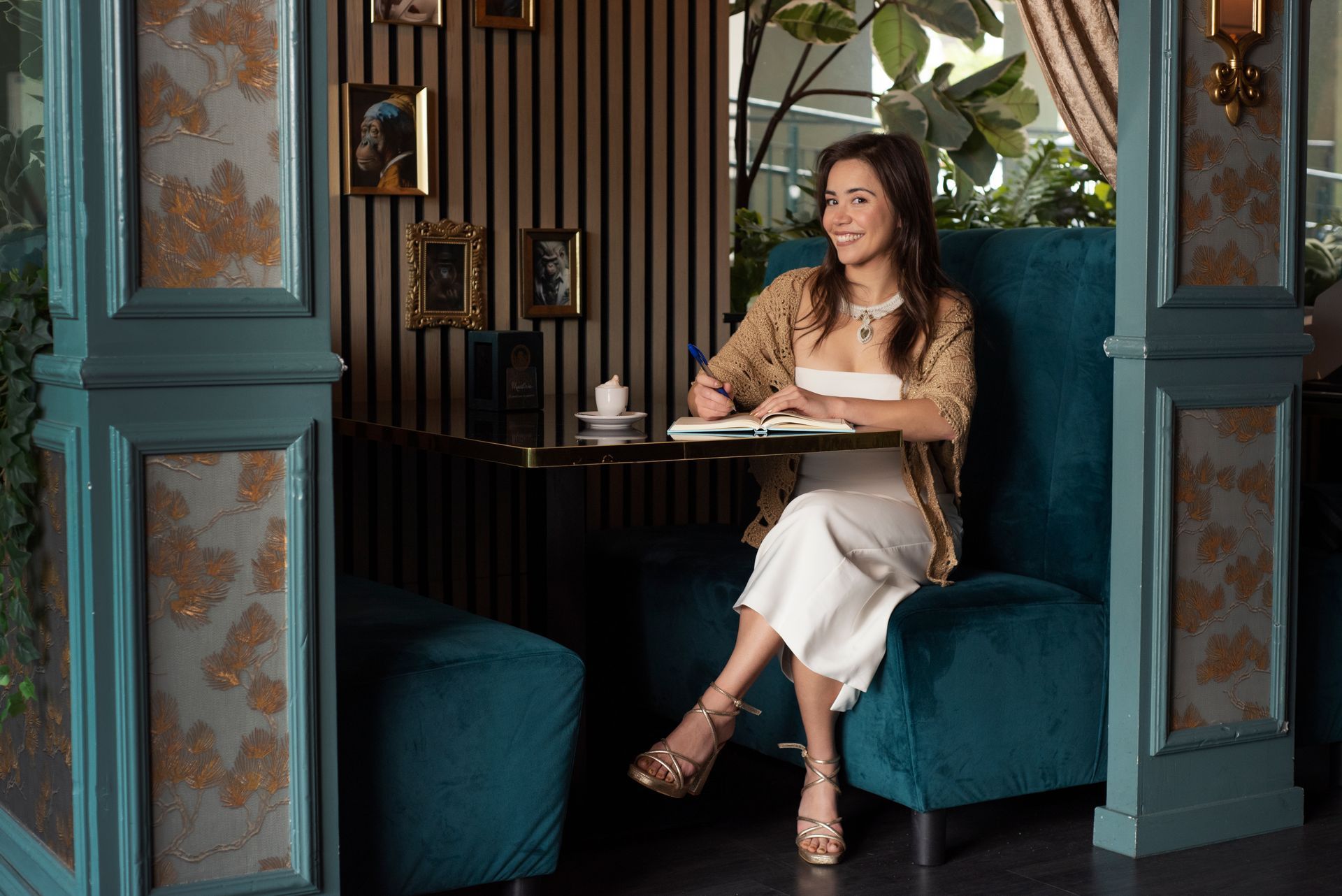If Maternity Were Equitable, Part 1 of 2: Aesthetics DEI
Ariel Herrera-Molina, Licensed Esthetician, talks DEI in the spa industry
The Equitable Wellness Podcast premieres...
If Maternity Were Equitable, Part 1 of 2: Aesthetics DEI by Shayna Grajo
Ariel Herrera-Molina, Licensed Esthetician, talks DEI in the spa industry
Read on SubstackMeet Ariel Herrera-Molina: licensed esthetician, Reiki practitioner, and proud spa owner in upstate New York. Ariel, the mom and star of today’s show, gave birth to Nova Elizabeth Herrera-Molina on November 12.
Before we ask Ariel about pregnancy and equitable maternity—which is the next podcast episode, part 2—we’re talking all things holistic skincare and justice and beyond.
In this installment, we chat about DEI in the spa industry, specifically amidst the current sociopolitical climate in the US, unspoken tension in public spaces, and the Trump administration’s initiatives to eliminate Diversity, Equity, and Inclusion (DEI) programs.
Ariel touches on her vast experiences in the aesthetics field as a person of color: from feeling like an outsider to workplace discrimination and finally to entrepreneurship. We discuss the lack of education and training on diverse skin types, the “facade” of the spa industry, and the economic barriers preventing BIPOC professionals from launching skincare brands.
The episode closes with reflections on legacy and Ariel’s transition into motherhood.
Here are the highlights. Please join us.


Reflecting on DEI and Black History Month
I know for me personally, going into February, which is Black History Month, and having DEI being removed from every corner of the country, it's uncomfortable. And I know for me, I personally think of my grandmother, who I was very, very, very close with. She was my best friend on the planet. And I think about all of the hard work that she did as both a woman and as both a woman of color to make sure that I have the accessibility that I do right now. And I'm just very thankful she's not alive to see this because she worked way too hard for us to be eliminating diversity, equity and inclusion.
Importance of Education in Aesthetics
For me, that is huge in my industry because my industry is about skin. So I'm literally treating all types of skin. And so it does feel like it is my responsibility to make sure that people of all skin colors, types, conditions feel comfortable coming to me because unfortunately, there are a lot of estheticians who are not educated in different skin types and tones and you would treat them differently.
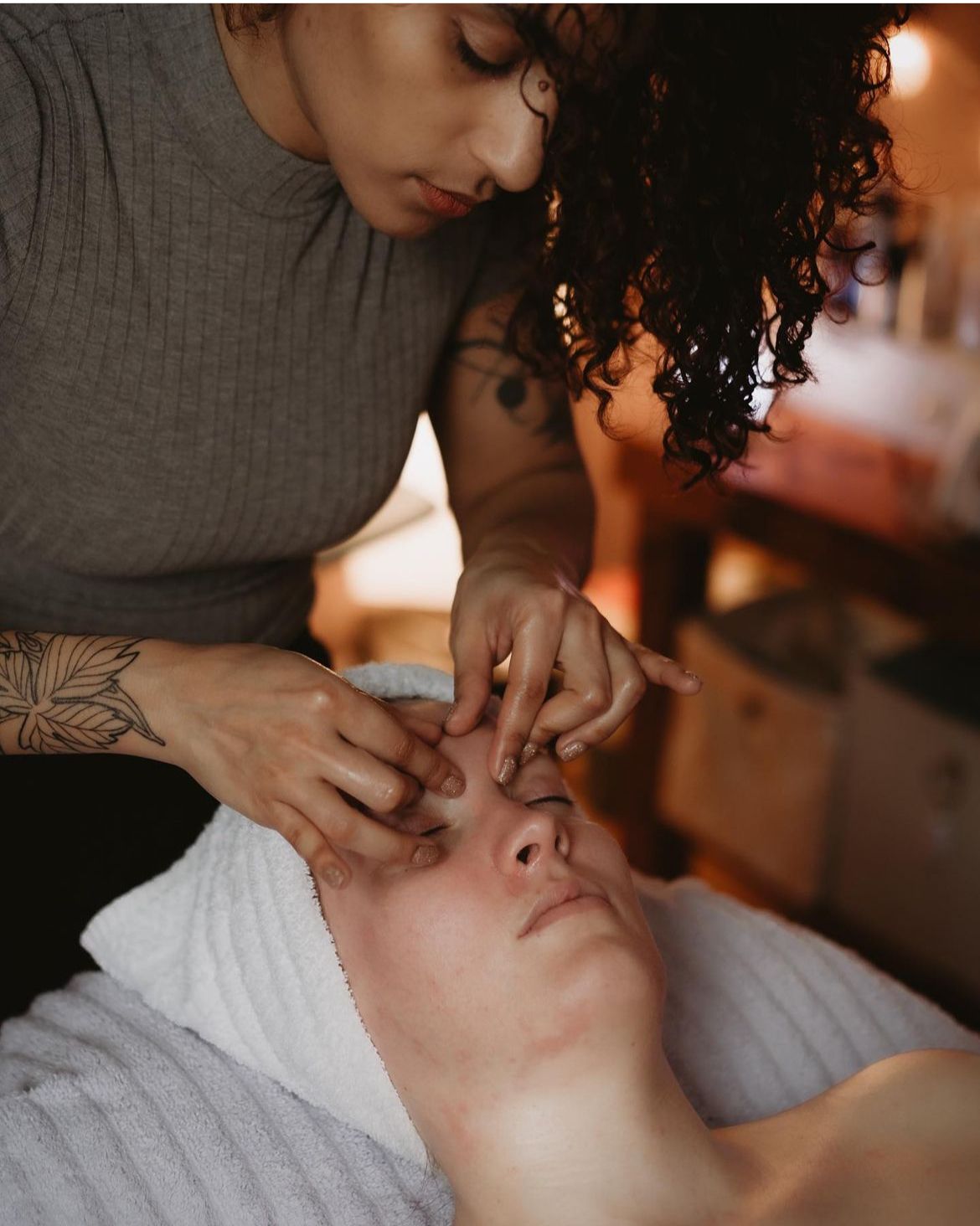
Discrimination and Bias in the Aesthetics Industry
Before we couldn't come out and say this, because we had legislation that made sure we couldn't come out and say that we are being racist or we are being judgmental based on something. But I always felt in the aesthetics industry that one, the color of my skin, the tattoos on my skin, the piercings on my skin, I did not look like the people in the aesthetics industry. I still don't. I have a niche that is very much different than what my industry is all about. That being said, my industry is a facade. It is literally a facade. So just to make a long story short, I've personally experienced being passed up on positions that I 110% should have had. And I've seen them be given to people who look beautiful and look the part, but do not have the professionalism and expertise and education that I have.


Shayna’s prioritizing Equity over Diversity and Inclusion
And of course, as we speak, this notion of DEI is a bit endangered in the US. And I'd always felt personally that the D and the I were less interesting to me than the E for equity, because diversity can be what it is. Inclusion or inclusivity sometimes implies assimilating into a culture that doesn't always paint the story of what real justice can look like. And so equity really, I think, is the juice of that of the acronym. There are probably many ways to look at equity, but the way that I feel about it is that it is bringing empowerment to those who have been historically oppressed from having power or having an imbalance of power through whatever forms of systemic oppression and historical roots. And so that applies to a very broad span of people, but it tends to be people outside of the—as one wonderful liberatory voice quotes it—white, cis, het, colonial, capitalist, ableist culture, or the dominant culture, or the kind of like supremacy power group.
The Divide on DEI in the U.S.
I think in the United States right now, we are pretty divided for the most part. I think it's like almost a 50 50% divide. You have half of the people here who would consider DEI to actually be more of a form of separation. And then you have the other half of the people who live here who consider it necessary because of, you know, historical separation for so long. Yeah. All I know is that I'm big on energy and feeling and I'm very much an empath. And I don't know if you remember after the first election that Donald Trump—I'll just say his name because why not? It's not like he's Voldemort.
Scarcity of BIPOC-Owned Skincare Lines
I was actually just researching the other day because being in the climate that we are in the United States right now, it is very important to me to spend my money where I feel it deserves to be spent. So it is my goal personally to start investing in BIPOC and LGBTQ businesses. But it is almost impossible to find a professional-grade skincare line that is owned by a person of color. I believe I have been able to find literally one and it is not completely up to my standards. And if you want to talk about why that is the case. If you are actually hiring a cosmetic chemist and creating a professional-grade legitimate product, it is typically about $10,000 per product. So if you are someone who has not built generational wealth and your family hasn't been able to provide that for you, or you do not have connections because of the neighborhoods that you grew up in, the chances of you making a professional skincare line are slim to none, which is literally what I've found researching and looking for this. Again, there's so much to it, and so much is intertwined, and it's all connected. But that is how I look at equity in the wellness industry.
Keep in touch with Ariel
Follow along Ariel’s spa at
@arielpopspimples
for the entrepreneurial journey as her spa, staff, visions and baby Nova grow! ♡ You might catch a rebrand and location change comin’ up this year. 😜
Instagram
Linktree

Stay tuned
As this is my first time setting up the podcast, please allow a little extra time for the audio podcast to be available on Apple Podcasts (I have to change my AppleID phone number, lol), as well as for the trailer on Spotify.
See you next newsletter, on the 🌑new moon of March 29, for Part 2 of 2—If Maternity Were Equitable: The Tale of Two Estheticians.
Love and hugs until then.
Happy eclipse,
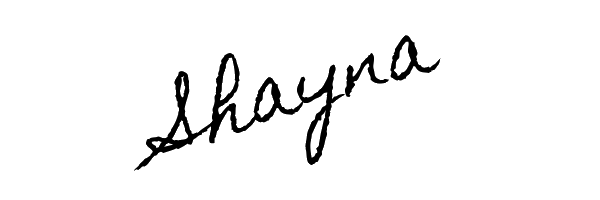
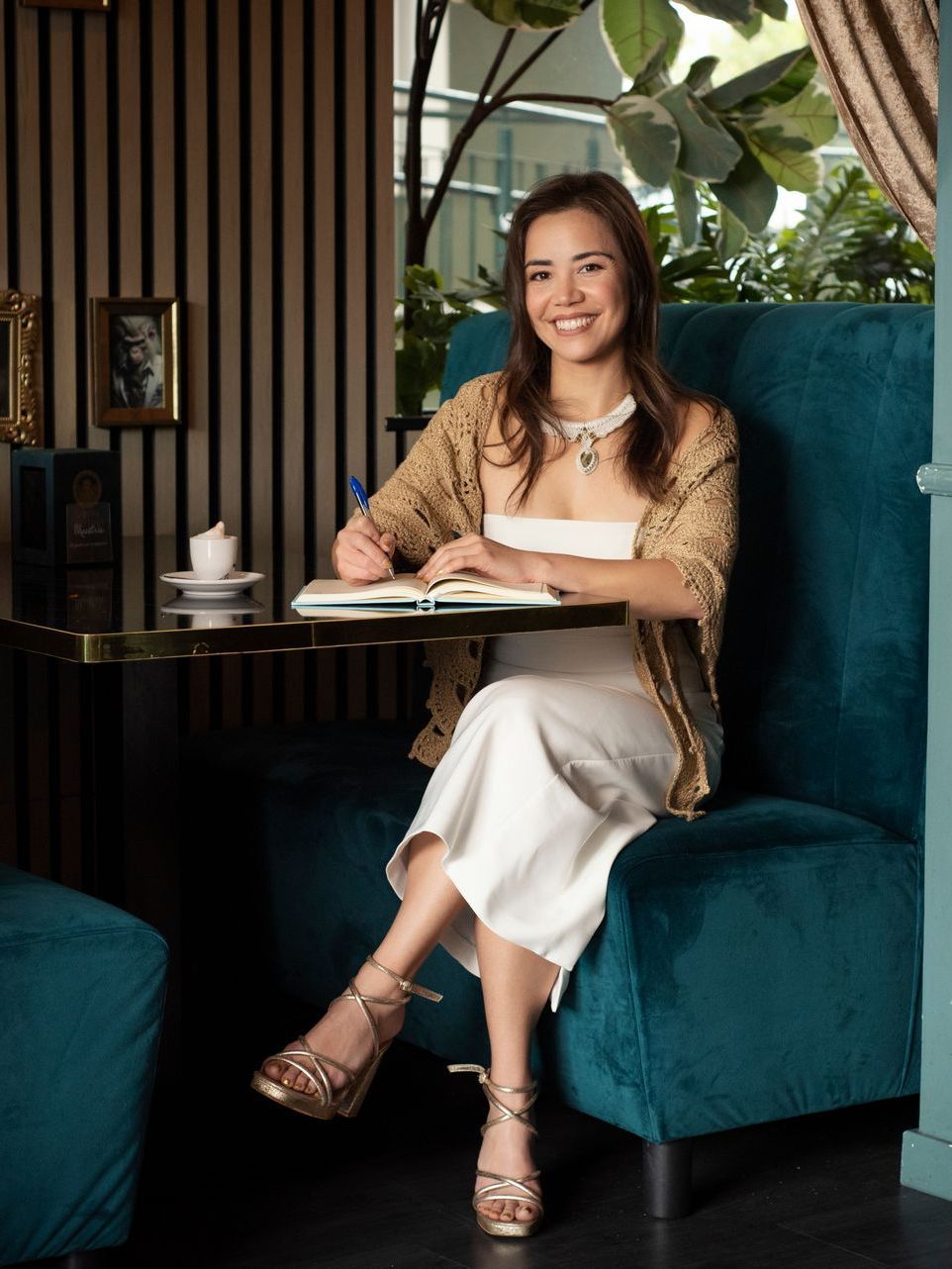
Welcome, I’m Shayna Grajo
A copywriter specializing in health and wellness content and holistic marketing for holistic providers. Through copywriting, web design, and consulting, I help providers like you feel as embodied in digital space as you do in your physical practice.
JOIN NOW
Equitable Wellness on Substack
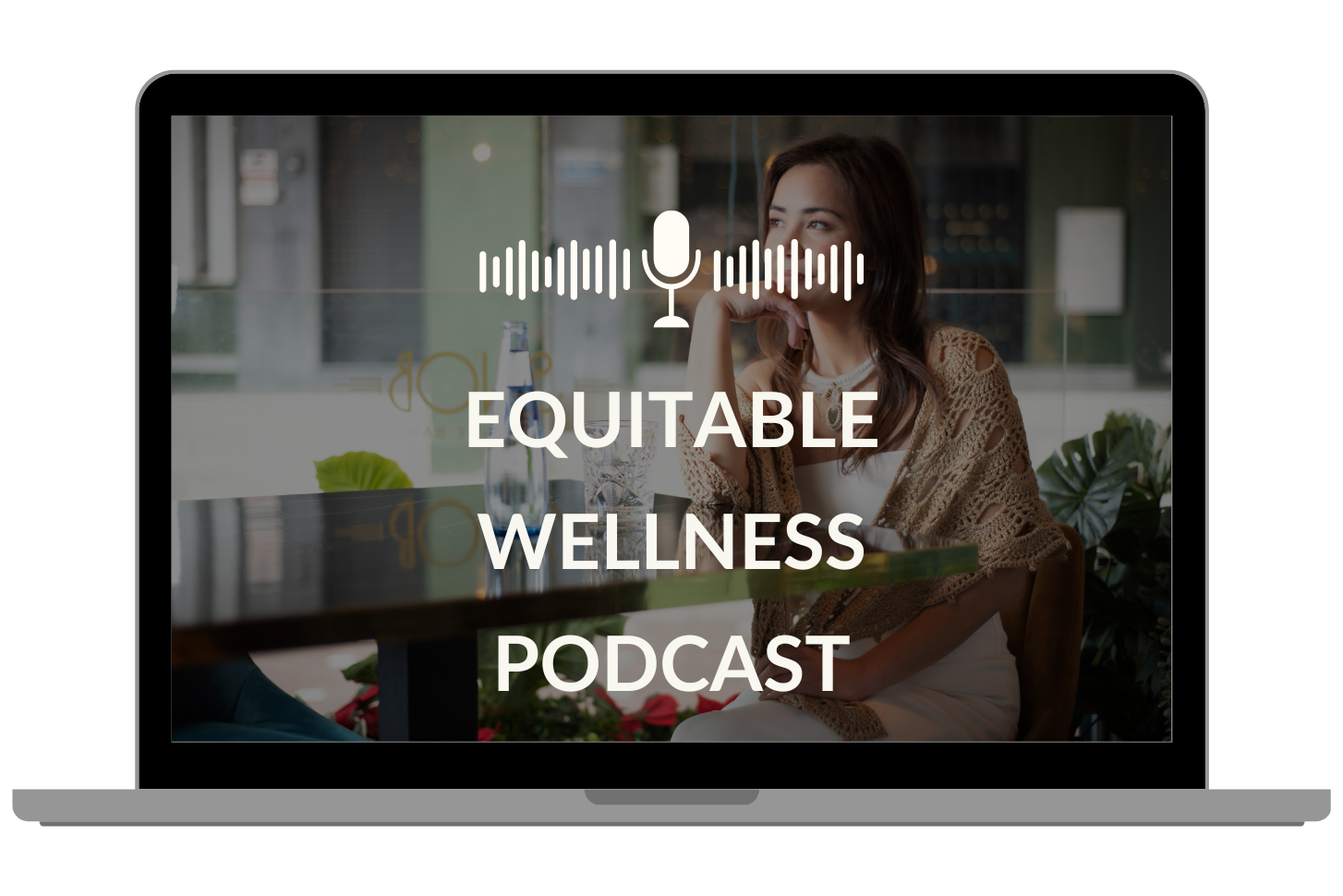
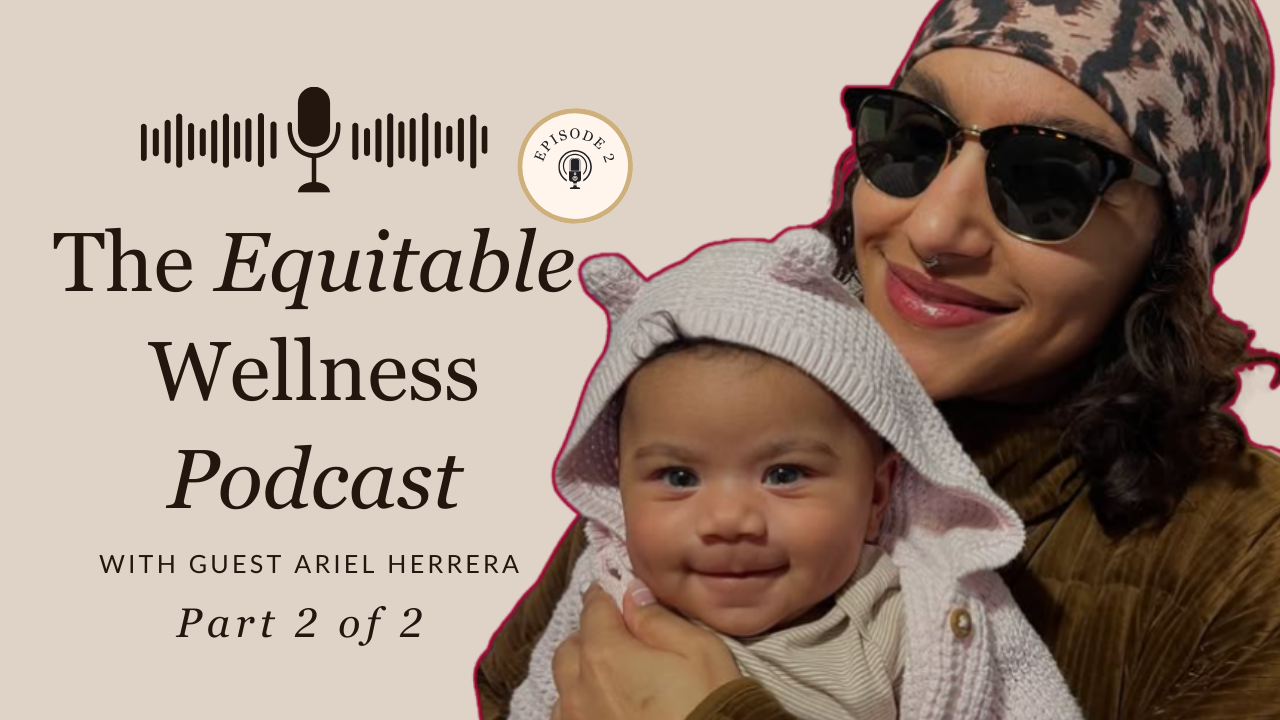
Design by Natalia Maganda
Select photography by Inma Blanca Photography, Kait Hoyt Photography and Haute Stock
